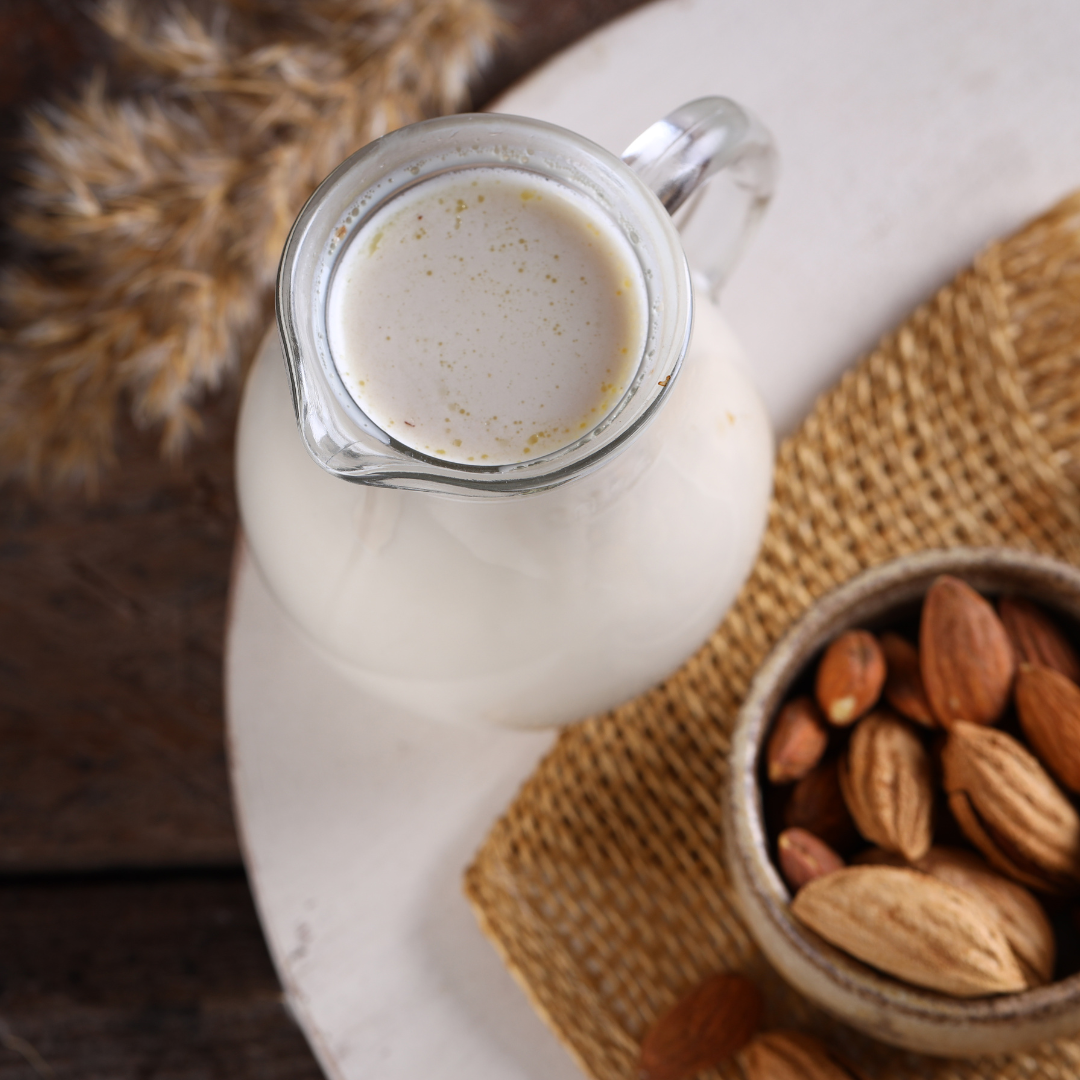Through this blog, I would like to help you better understand what healthy food is and especially how to disentangle fact from fiction on food packaging. To do this, we are going to compare two products found in the “sweet grocery” section.
The first, a sachet of Nüttree Energy-Balls Apple-Cinnamon flavor and the second, an industrial apple cereal bar .

I suggest you study three points of comparison that you thought you knew but which I will decipher for you! ;)
To begin, let's zoom in on the list of ingredients...
- Nüttree Apple-Cinnamon Energy-Balls :
“Dates, almonds, dried apples (22.76%), gluten-free oat flakes, cinnamon (0.57%), Guérande salt”
- Industrial apple cereal bar :
"Cereals 41% (OAT flakes 15.9%, corn 12.8%, malted RYE flakes 4.9%, rice flour 4.4%, WHEAT flour 2.7%, malted WHEAT flour 0 .3%), glucose syrup, stabilizer (sorbitols), dried green apples 12%, vegetable oils (rapeseed, palm), sugar, salt, flavoring, emulsifier (lecithins), WHEAT gluten, dextrose, malt extract BARLEY, acidity regulator (citric acid), preservative (SODIUM DISULPHITE)
What probably jumps out at you is the difference in length between the two ingredient lists . If so, you are on the right track to understanding the rest ;)
Indeed, a long list of ingredients is characteristic of an ultra-processed product, especially if half of the ingredients you do not know (like sodium disulfite) or you cannot find them in your kitchen (too processed). ). These are ingredients which have conservation, stabilization or texturing roles and which significantly modify the way in which we metabolize the product.
We note that the Apple-Cinnamon Energy-Balls are made up of 100% natural, organic, raw ingredients, without ultra-transformation markers (you will have noticed that you can find all of these ingredients in your kitchen).
So yes, their shelf life is shorter but at the speed at which you eat them they will still be just as good, I promise!
In addition, these Energy-Balls contain 22.6% apples compared to 12% for the industrial cereal bar.
Now let's look at the nutritional values...
Despite what we tend to think, comparing nutritional values is much more difficult than it seems.
And yes ! To read this table correctly, you must not only worry about the numbers, you must also understand what each nutrient represents.
| For 100g | Nüttree energy ball | Industrial cereal bar |
|
Energy |
405 calories 1691 kJ |
403 calories 1696 kJ |
|
Fats of which saturates |
19.1g 1.5g |
12g 3.2g |
|
Carbohydrates with sugar |
40.9g 35.0g |
70g 27g |
| Fibers | 10.2g | 4.9g |
| Proteins | 10.4g | 4.9g |
| Salt | 0.47g | 0.53g |
Overall, we see twice as much fiber (dried dates and apples) and raw protein ( almonds ) in Nüttree Energy-Balls and we know that it is important to have a sufficient intake of these two macro- nutrients, so that’s good news! Until then you were following I'm sure ;)
Concerning energy, the contribution is similar for the two products, but it is the quality of this energy which is important! A minimally processed product, like Nüttree Energy-Balls , allows energy to be delivered to the body efficiently by allowing proper metabolization of carbohydrates, fibers and trace elements. For example, for an athlete it is much more interesting to consume a Nüttree Energy-Ball before a sporting effort rather than an industrial cereal bar because the effects will be much more effective on physical capacity.
For lipids, it’s also the quality that counts! Energy Balls contain more lipids but they are of better quality since there are fewer saturated fatty acids. As a reminder, saturated fatty acids can contribute to the formation of bad cholesterol and be the cause of cardiovascular diseases. Even more so if you pay attention to your cholesterol, be vigilant about this part of the nutritional values that is too often misunderstood!
And for sugar, although there is more in Energy Balls, it is unrefined sugar which comes naturally from dates and other dried fruits. This is therefore correctly assimilated by the body to be used as fuel and reduces the metabolic blood sugar peak. Unrefined sugar will therefore be used and not stored, that's the difference!! And we know how much we don't want to store anything before summer ;)
What if we took a closer look at the scores and ratings?
We cannot talk about comparison without addressing the famous scores that exist today:
- The NUTRISCORE , which is solely based on the comparison of nutritional values.
- The YUKA score which focuses on the presence of additives and their level of health risk, but also on the nutritional and biological profile of the products.
- The SIGA score which assesses the degree of transformation and takes into account some nutritional data.



So ! I hope I helped you make your choice in store when you have a craving or a sudden desire to exercise!
The important thing is to understand that our body knows how to assimilate natural foods better because it knows how to recognize them and direct them towards the right metabolic pathways to keep you in shape!
Our mission at Nüttree is to respond to this issue and promote healthy, plant-based and organic eating.
Learn more to eat better!





